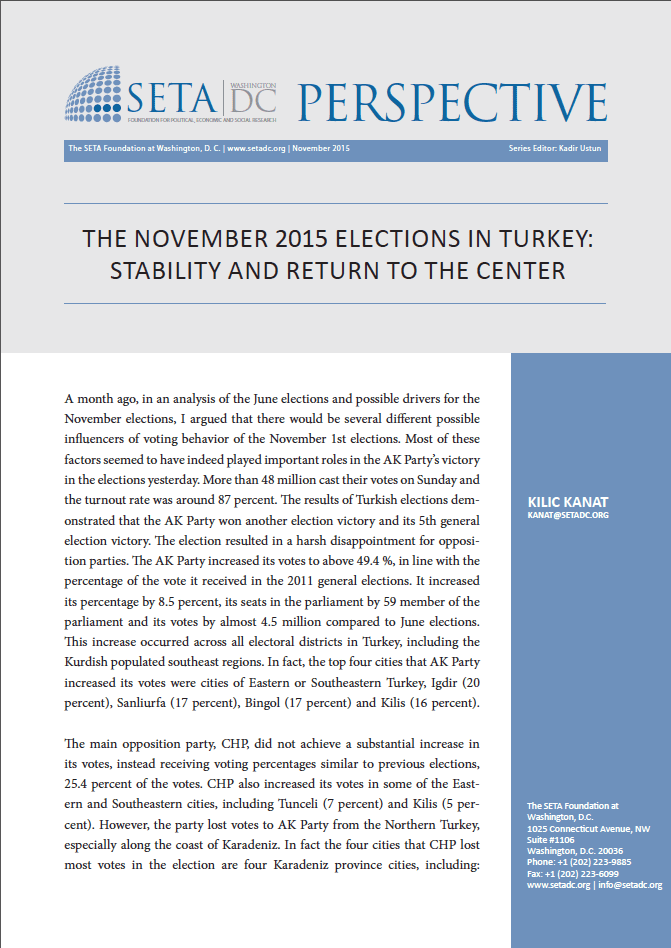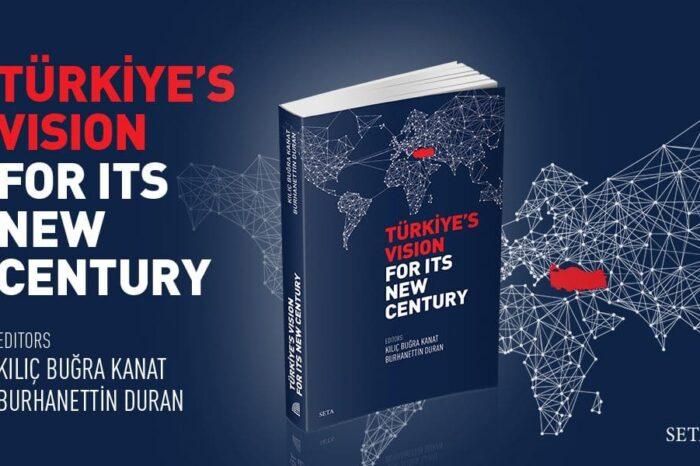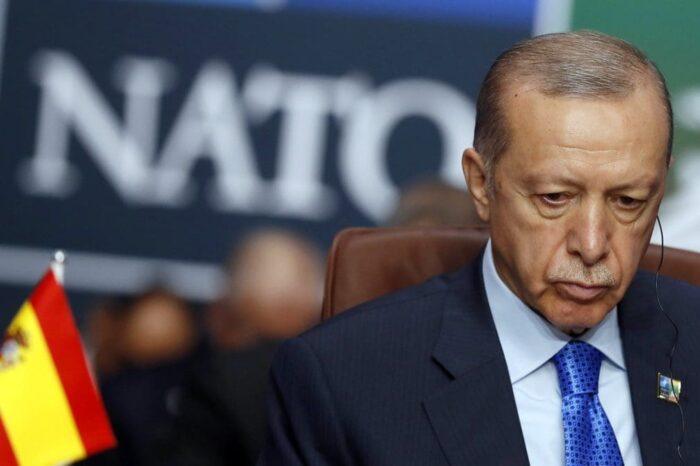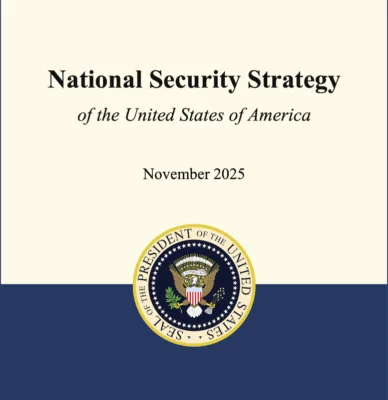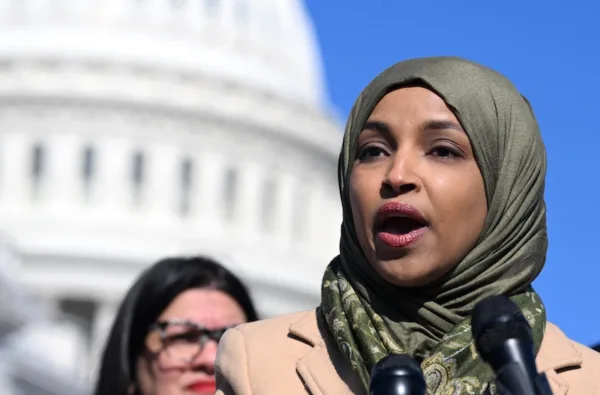The November 2015 Elections in Turkey: Stability and Return to the Center

A month ago, in an analysis of the June elections and possible drivers for the November elections, I argued that there would be several different possible influencers of voting behavior of the November 1st elections. Most of these factors seemed to have indeed played important roles in the AK Party’s victory in the elections yesterday. More than 48 million cast their votes on Sunday and the turnout rate was around 87 percent. The results of Turkish elections demonstrated that the AK Party won another election victory and its 5th general election victory. The election resulted in a harsh disappointment for opposition parties. The AK Party increased its votes to above 49.4 %, in line with the percentage of the vote it received in the 2011 general elections. It increased its percentage by 8.5 percent, its seats in the parliament by 59 member of the parliament and its votes by almost 4.5 million compared to June elections. This increase occurred across all electoral districts in Turkey, including the Kurdish populated southeast regions. In fact, the top four cities that AK Party increased its votes were cities of Eastern or Southeastern Turkey, Igdir (20 percent), Sanliurfa (17 percent), Bingol (17 percent) and Kilis (16 percent).
The main opposition party, CHP, did not achieve a substantial increase in its votes, instead receiving voting percentages similar to previous elections, 25.4 percent of the votes. CHP also increased its votes in some of the Eastern and Southeastern cities, including Tunceli (7 percent) and Kilis (5 percent). However, the party lost votes to AK Party from the Northern Turkey, especially along the coast of Karadeniz. In fact the four cities that CHP lost most votes in the election are four Karadeniz province cities, including, Ordu (4 percent), Rize (4 percent), Bolu (3 percent) and Zonguldak (3 percent). This means that in the increase of the AK Party votes, there is also a relatively small shift from CHP votes. CHP got some of its votes back from HDP but lost some to AK Party in the elections.
The two parties most celebrated for achieving higher than normal percentages of votes in June elections, MHP and HDP both faced serious defeats in this round of elections; MHP lost almost one fourth of its votes and declined from 16.3 to 11.9 percent in the elections. It also lost 40 seats in the parliament and declined from 80 to 40 and in terms of votes it lost 2 million of votes all over Turkey. MHP in this election lost votes in each and every city of Turkey other than Ardahan. In Ardahan, the party gained 1 percent increase. The highest loss for the party took place in some of the Central Anatolian cities, such as Yozgat (15 percent), Aksaray, (12 percent), Kayseri (10 percent) and some Eastern cities, such as Igdir (15 percent). With these results, MHP became the fourth political party in the parliament.
HDP faced almost an equal degree of defeat in the elections. It lost almost one fifth of its votes and declined from 13.1 percent to 10.6 percent in the elections. Just like MHP, HDP also lost some seats in the parliament. In the June elections, the party acquired 80 seats in the parliament, whereas in this election, it lost 21 of them and in terms of votes lost one million votes in this election. Again just like the MHP, the HDP lost votes in all of the cities in Turkey, except Hatay and Kastamonu. In Hatay, the party increased its votes by 0.4 percent whereas in Kastamonu it was a 0.06 percent increase. The biggest losses of the party were in the Eastern and Southeastern cities, which are considered as the strongholds of the party, such as Bingol (12 percent), Bitlis (12 percent), Agri (11 percent) and Mus (10 percent). Both MHP and HDP lost out on the opportunities presented to them in the aftermath of the June elections. Thus, the failure of the opposition parties to create a bloc or serious alternative to the AK Party in the post-election period played an important role in shaping voting behaviors of Turkish citizens. The HDP and MHP, two different parties that pulled AK Party votes from two different sides, lost their votes and the voters of these parties went back to the political center. The loss of the Saadet and Buyuk Birlik Partisi in this election also gave the same message of return to political center. Political center meant different things for the voters, including economic stability, resolution process and political stability without a coalition government.
First set of influencers of this election included the changes to the AK Party’s election strategy. For example, the AK Party reconsidered its three-term limit for the MPs, which played against them in the previous election. In this round of elections, it amended its bylaws to allow the re-election of the some of the three-term MPs, thereby allowing 24 previously term limited MPs, including very prominent MPs such as Ali Babacan, Besir Atalay (Van), Faruk Celik (Sanliurfa), and Cemil Cicek to return to office. As an example of the factor this played, in Van, there was ten percent increase in AK Party votes, and in Sanliurfa the party enjoyed a 17 percent higher return. Therefore, the return of these term limited MPs, who had not appeared on the June ballots, was considered a serious factor in the upswing of AK Party votes. Both the experience and incumbency effect of these ministers played an important role in their electoral districts.
Other changes to the candidates list also played in favor of the AK Party. The low numbers of the AK Party in June elections in part was linked to the candidates put forward in particularly some eastern and southeastern cities in Turkey. The AK Party administration took this seriously and changed a significant number of candidates in eastern and southeastern cities before the November elections. For instance, all of the MP candidates in Agri (4), Diyarbakir (11), and Igdir (2) and all but one MP candidates in Kars (3), Mus (2), Siirt (3), Tunceli (2), Van (8), Kilis (2) and Sirnak (4) were changed. Again, in most of the cities, the AK Party increased its number of deputies, such as in Agri (+1), Diyarbakir (+1), Igdir (+1), Kars (+1), Van (+1).
The dramatic changes in voting behavior in the elections took place primarily as a result of a swing back of votes that shifted to other parties from the AK Party during the June elections. As was expected before the elections, developments in the Kurdish issue, including the increased attacks by the PKK, the fate of the resolution process, and the fight against terrorism played a strong role in influencing voter behavior. Most of the votes that shifted from the HDP to AK Party took place as a result of concerns of Kurdish citizens about the safety and security in their regions and their desire for a relaunch of the resolution process. Analysts were correct in predicting that some votes from the MHP would swing to the AK Party, owing to the MHP’s policies, positions, and election strategy; however, not many had estimated the swing of votes from the HDP to AK Party. For many the Kurdish votes for the AK Party was a permanent loss and would never come back in the short term. However, this proved to be wrong.
Kurdish and Turkish voters who voted for the HDP in the June elections were disappointed with the performance of the HDP and its policies in regards to emerging crisis in Turkey as a result of the PKK attacks. The sharp decline in HDP votes is the result of two different factors. Firstly, voters stand against the street politics and identity politics in Turkey. A year ago, October events in 2014 generated a negative reaction from people in the region. Uncontrolled street politics and the mobilization of radical groups in the region resulted in the death of more than 50 civilians. In the aftermath of these incidents, people in the region reacted harshly against the perpetrators of this violence. For most of them, the three days of riots and looting in different city centers were too reminiscent of the atmosphere of the 1990s. It was clear that people in the region had become accustomed to enjoying peace and stability in the region that emerged during the resolution process, and they were vocal in expressing their desire for the region not to return to violence. However, this impact was minimized in the ten months between October events and the June elections.
In part, what made the HDP so successful in June elections was the expectation that it would continue to pursue the resolution process in the parliament. However, the HDP failed to deliver on this expectation. The party failed to present itself as a contributing part of the resolution process in the aftermath of the elections. Municipalities whose mayors are from the HDP began to declare autonomy while different groups started organizing demonstrations in many southeastern cities. These declarations of self-rule and the increasing degree of anarchy resulted in comprehensive state-run security operations in these cities in order to establish public order. This situation and the increase in clashes between security forces amplified the concerns of the ordinary people in the region about the ability to maintain their safety. The fact that people in these towns did not join the communal riots called upon by the KCK demonstrated that the people were not supporting the calls for autonomous rule in these cities. The HDP, as the political representatives of the people in the region, failed to responsibly react to this situation.
Following the declarations of the end of the ceasefire by the PKK, the group began attacking Turkish security personnel. As the death toll rose, the HDP failed to take a strong positions against the violence perpetrated by the PKK. For some, the end the ceasefire by the KCK was a direct result of the power rivalry between the leaders of the PKK and HDP. Regardless of the reason, the HDP could not handle this crisis and failed to present a political and civil alternative to PKK. For some of the voters who supported HDP in the elections, this was the main reason and motivation. The HDP could not facilitate the resolution process and did not show any intention of becoming partner in this process. The statements of the MPs of the party associating themselves with the armed groups destroyed this carefully constructed image of the HDP.
Finally, HDP lost some of the votes it had received in major cities outside of its historic regional stronghold during the June elections. In June elections, HDP brought up the concept of Turkiyelilesmek, making it its campaign theme not to be a party of only identity politics for Kurds. Some Turkish voters voted for the HDP after as a direct result of this message. Selahattin Demirtas, the co-chair of the party, recognized this fact after the elections and expressed that the party was aware that it had “borrowed votes” from others. This statement by Demirtas was criticized by the PKK leadership, who stated that the votes belonged to the party and there were no borrowed votes in the election. Later, when the ceasefire ended and the PKK attacks started the HDP failed to distance itself from PKK and identity politics, and therefore failing to stand up to its image as a party for all of Turkey. The statements of Mr. Demirtas following the two terrorist attacks in Suruc and Ankara also generated major blowback against the party. As a result of these series of mistakes, HDP lost some of the votes that it had “borrowed” from AK Party.
In the aftermath of June elections, post-election surveys demonstrated that if there had been an election the day after election the AK Party would have won 45 percent of the vote. In this survey, there was an immediate 2 percent decline in votes for the MHP. The reason for this was that the results of the June elections were not as expected by anyone. Instead the election result surprised everyone, including the political parties. The IPSOS survey cited above demonstrated that the reaction votes that swung from the AK Party would likely come back to the AK Party in future elections. The best interpretation of the outcome of the June election was that voters wanted to send a strong message to the AK Party about some of its policies, but after the elections they realized that the message was too strong that could become self-destructive and damage the economic stability in the country.
In these post- election surveys, some of those who voted for the MHP in June elections said they would vote return to voting for the AK Party. These voters expressed that they preferred stability and did not expect the emergence of a situation in the country that would bring a coalition process into play. Although during the last five months some tried to deny it, the memory of the coalition government periods can play a significant role in shaping voting behavior of Turkish citizens. In the five months following the June elections, the MHP’s stance toward the coalition formation process was not well received by its voters. The uncompromising attitude of the MHP, especially during coalition negotiations with the AK Party, and the during the election of the speaker of the parliament with the opposition parties generated a significant negative reaction from voters. Ultimately, the MHP failed to control this situation and was unable to develop a strong communication strategy to explain its position in these circumstances. In the last two weeks, the party realized this problem and started to show up on TVs to explain their positions but it was too little too late. As was expected by many the results of this new round of elections resulted in a large swing of votes from the MHP to the AK Party, a process that had begun as election night of the June elections.
The coalition negotiations and the fear of instability also played an important role in the decision of the other voters. Although it has drawn less attention and discussion than other issues after the June elections, the economy is seen as having been one of the driving factors in the AK Party’s election victories since November 2002. In the period after the June elections, Turkey began to experience economic uncertainty and unpredictability which directly impacted the stability of the country. The main issue that has been frequently mentioned as a catalyst for the country’s negative economic outlook was the value of the Turkish lira against the dollar. Since the June elections, the Turkish lira has lost significant value, with the value of one dollar passing ultimately passing the 3 lira line. This loss in value has generated major concern in the Turkish business sector as well as in medium and small size enterprises in the country. Most of these enterprises in Turkey purchase raw materials and do their borrowing in US dollars. In the November election, voters held the uncertainty and political vacuum generated by coalition formation process accountable for the economic situation. Thus, just like the polls in the immediate aftermath of the election, voters considered the coalition negotiation process as the major threat to the stability of the economy.
Another important factor in this election was the failure of the political parties to form a coalition government in the aftermath of the June election. Concerns about the failure of coalition formation and a crisis of the coalition government were prevalent among the voters even before the June elections. After witnessing this process one more time, some of the voters decided to avoid another messy process that could destabilize the country.
It should worth mentioning that another major portion of the AK Party votes came from those voters who did not vote in June elections but went to ballot box on November 1st. Some of the post election surveys demonstrated that some of the AK Party voters decided to vote in this election whereas some of the people who voted for MHP in previous election decided not to go to ballot box. In addition to this, there was a serious decline in the number of invalid votes. Accordingly, the invalid votes decline from 1.4 million to 700 thousand. According to post-election survey of Konda, the decline of the invalid votes mostly helped the increase of the AK Party votes.
Another two segments of the vote that the AK Party won in this election were that of the more conservative small parties, including Saadet Partisi and Buyuk Birlik Partisi (we see that the almost forty percent votes that these two parties received in the June elections were redirected in this election to the AK Party- around 350 thousand votes), and finally the increase in the number of diaspora votes in the elections. The AK Party achieved a voter diaspora voter mobilization in this election.

